Publications
Articles, publications, books, tools and multimedia features from the U.S. Institute of Peace provide the latest news, analysis, research findings, practitioner guides and reports, all related to the conflict zones and issues that are at the center of the Institute’s work to prevent and reduce violent conflict.
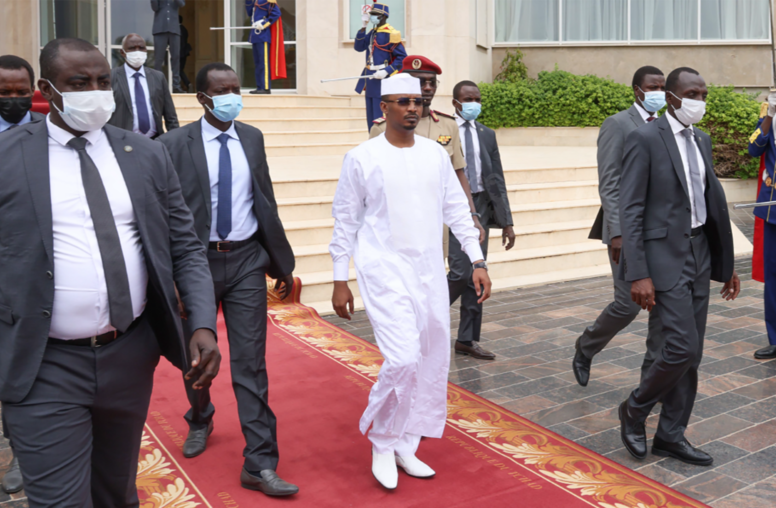
Chad’s National Dialogue Concludes Amid Uncertainties for the Transition
When Chad’s longtime President Idriss Déby was killed in April 2021, a group of military officers led by Déby’s son, Mahamat Idriss Déby, took control of the country and outlined an 18-month transition back to civilian rule. A crucial part of the transitional timeline was the promise of an inclusive national dialogue, which would be tasked with forming a national consensus on constitutional reform, election plans and other contentious political issues. After numerous delays, the long-awaited national dialogue finally opened in the capital N'Djamena in late August — just two months before the transition was slated to end.

Le Dialogue National au Tchad se Termine dans un Contexte d'Incertitudes pour la Transition
Après que l’ancien président du Tchad, Idriss Déby, a été tué en avril 2021, un groupe d'officiers militaires dirigé par le fils de Déby, Mahamat Idriss Déby, a pris le contrôle du pays et a défini une période de transition de 18 mois pour le retour à un régime civil. Un élément crucial du calendrier de transition était la promesse d'un dialogue national inclusif, chargé de former un consensus national sur la réforme constitutionnelle, les plans d'élection et d'autres questions politiques litigieuses. Après de nombreux retards, le dialogue national tant attendu a finalement commencé dans la capitale N'Djaména fin août – juste deux mois avant la fin prévue de la transition.
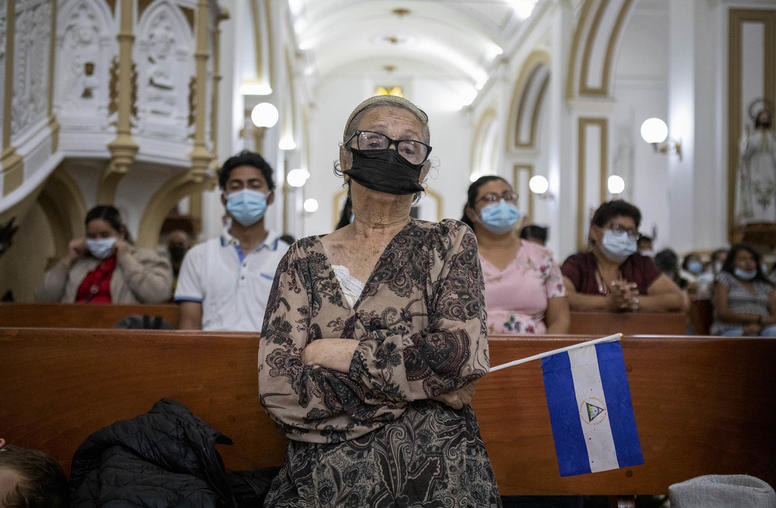
In Nicaragua, Crackdown on Religious Actors Further Imperils Return to Democracy
In recent months, Nicaragua’s government has escalated its effort to silence dissent by waging a systematic campaign of repression against the Catholic Church. Nicaraguan President Daniel Ortega and Vice President Rosario Murillo’s crackdown on clergy and church-affiliated organizations critical of their authoritarian regime not only threatens Nicaragua’s religious freedom but also erects significant roadblocks to the country’s return to peace and democracy.
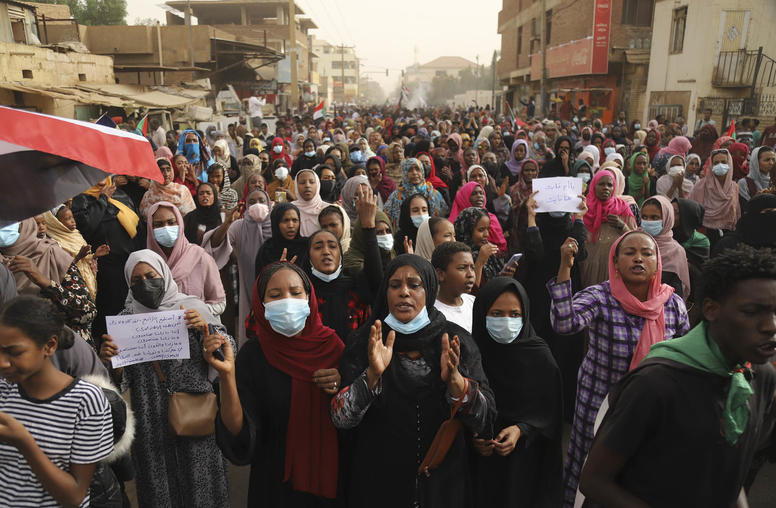
42 Months on, How Does Sudan’s Democracy Movement Endure?
Three and a half years after Sudan’s military deposed the authoritarian ruler, Omar Bashir, in response to massive protests, the current military leadership and divisions among political factions are stalling a return to elected civilian government. This year has brought a deepening economic crisis and violent communal clashes — but also a new wave of nonviolent, grassroots campaigns for a return to democracy. As Sudanese democracy advocates and their international allies seek ways to press the military for that transition, all sides should note, and work to sustain, Sudan’s nonviolent civic action.
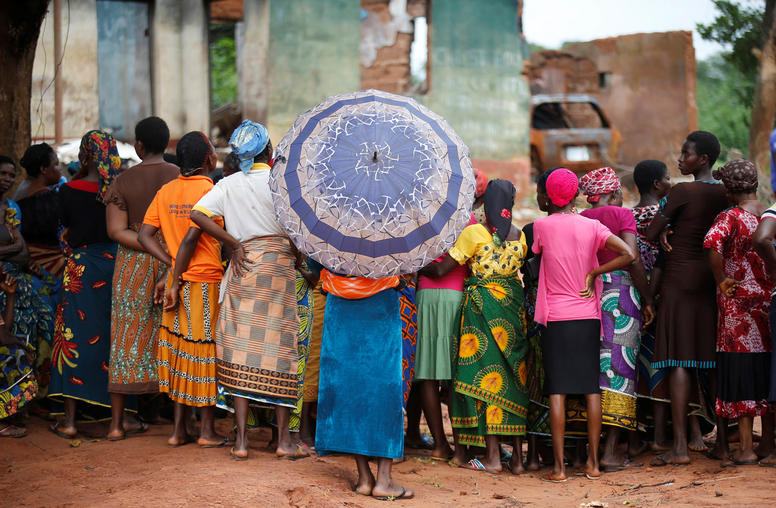
Behavioral Science and Social Contact Peacemaking
Although social contact theory — the idea that encountering someone with a different group identity can lead to greater understanding, empathy, and trust — has become a bedrock of most peacebuilding initiatives in recent decades, doubts remain about whether such initiatives prevent violence. This report provides practical insights and recommendations for improving peacebuilding efforts by more effectively factoring an understanding of human behavior into the design, implementation, and evaluation of social contact interventions.
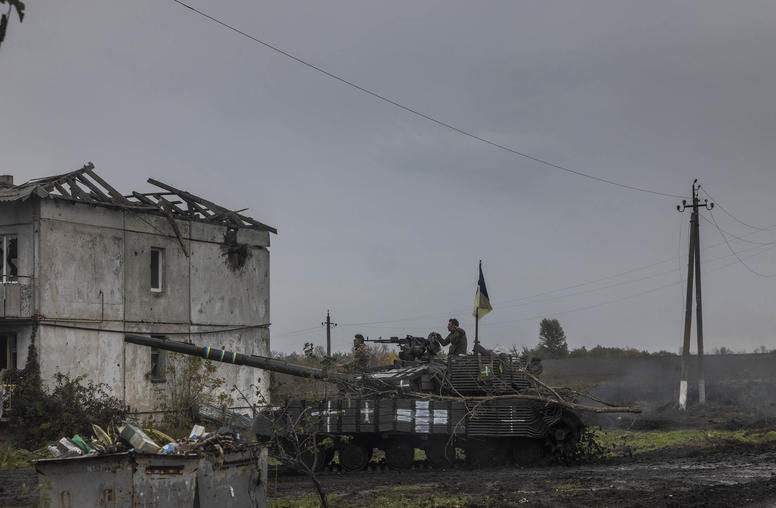
Is Russia Escalating to De-Escalate?
Vladimir Putin is under increased pressure as Russia continues to lose ground inside Ukraine. Faced with the prospect of stark losses — potentially leaving Russia in a worse position than before its February 24 invasion — Moscow may be embarked on an “escalate to de-escalate” strategy. By raising the specter of a nuclear confrontation twice in recent weeks, Putin may in fact be seeking a way out of his dilemma marked by Russia’s strategic failure in Ukraine. The coming weeks will be critical as Putin pursues nuclear brinksmanship — possibly even repositioning tactical nuclear weapons — while actually seeking an exit.
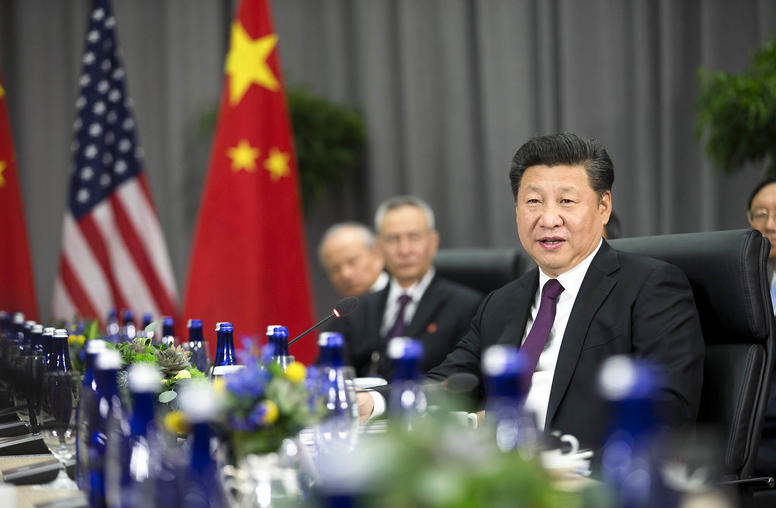
Xi Kicks Off Campaign for a Chinese Vision of Global Security
Earlier this month Chinese leader Xi Jinping made his first foreign trip since the coronavirus outbreak, joining the Shanghai Cooperation Organization (SCO) summit in Samarkand, Uzbekistan. The summit was Xi’s first in-person opportunity to win support outside of China’s borders for his new Global Security Initiative (GSI), which he launched in April. While the GSI remains notional and somewhat vague, Xi is on the offensive, seeking to position his vision of a new global security architecture as an alternative to the Western-led security order. In an era of heightened strategic rivalry between Washington and Beijing, Xi’s GSI campaign could amount to yet another challenge to the U.S.-China relationship and the two countries’ ability to peacefully manage differences.

Mary Glantz on Putin’s Escalating Threats Against Ukraine and the West
With Ukraine making massive gains on the ground, Russian President Vladimir Putin’s escalating threats "show that [he] is getting a little bit desperate," says USIP's Mary Glantz. "He's been feeling a lot of pressure to show some victories," which has left the world "holding their breath to see what might happen."
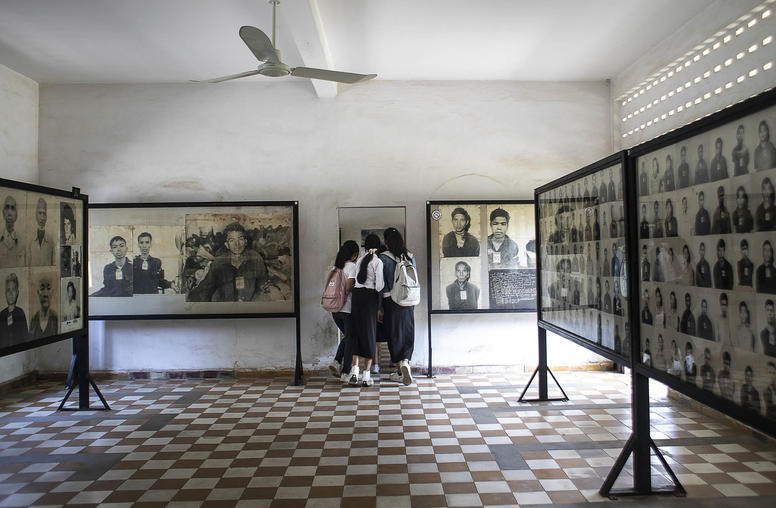
Never Again? The Legacy of Cambodia’s Khmer Rouge Trials
Between 1975 and 1979, the Khmer Rouge regime that ruled over Cambodia committed untold atrocities, with an estimated 1.5 to 2 million people dying of starvation, forced disappearances and extrajudicial killings. In mid-September, over 40 years after its reign of terror, the only formal accountability mechanism to prosecute the Khmer Rouge —the Extraordinary Chambers in the Courts of Cambodia (ECCC) — issued the final decision of its judicial mandate. While the court's legacy is complex, it served an important platform for accountability and reparations for victims. As it moves to a new phase of residual functions over the next three years, the international community should prioritize supporting its work, which is vital to boosting peace and stability and protecting the rights of Cambodians.
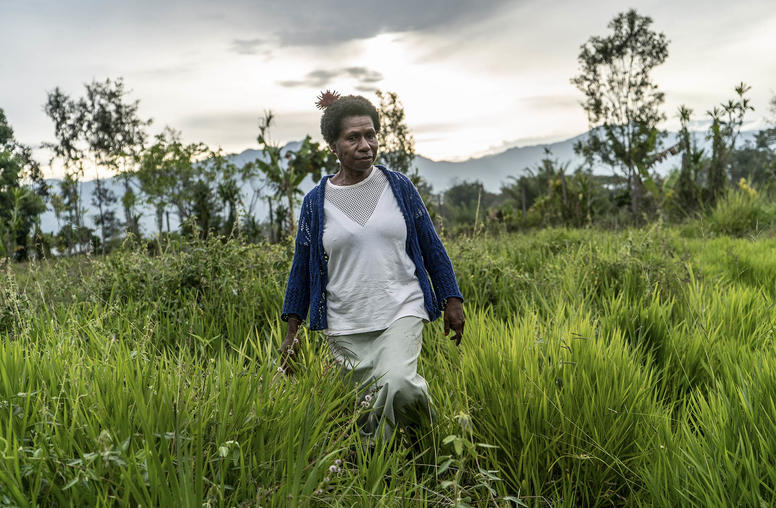
In Papua New Guinea, Homegrown Solutions Should Guide U.S. Aid
“The world stands today at the dawn of a decisive decade — a moment of consequence and peril, of profound pain and extraordinary possibility,” President Biden declared in April. These words came just two months into Russia’s war on Ukraine and during a time of concern for Western countries as China flexed its muscular diplomacy in the Pacific Islands region. Biden’s statement also sets the scene for the U.S. administration’s new approach to peacebuilding, which aims to prevent conflict from erupting in fragile states by disrupting drivers of instability.